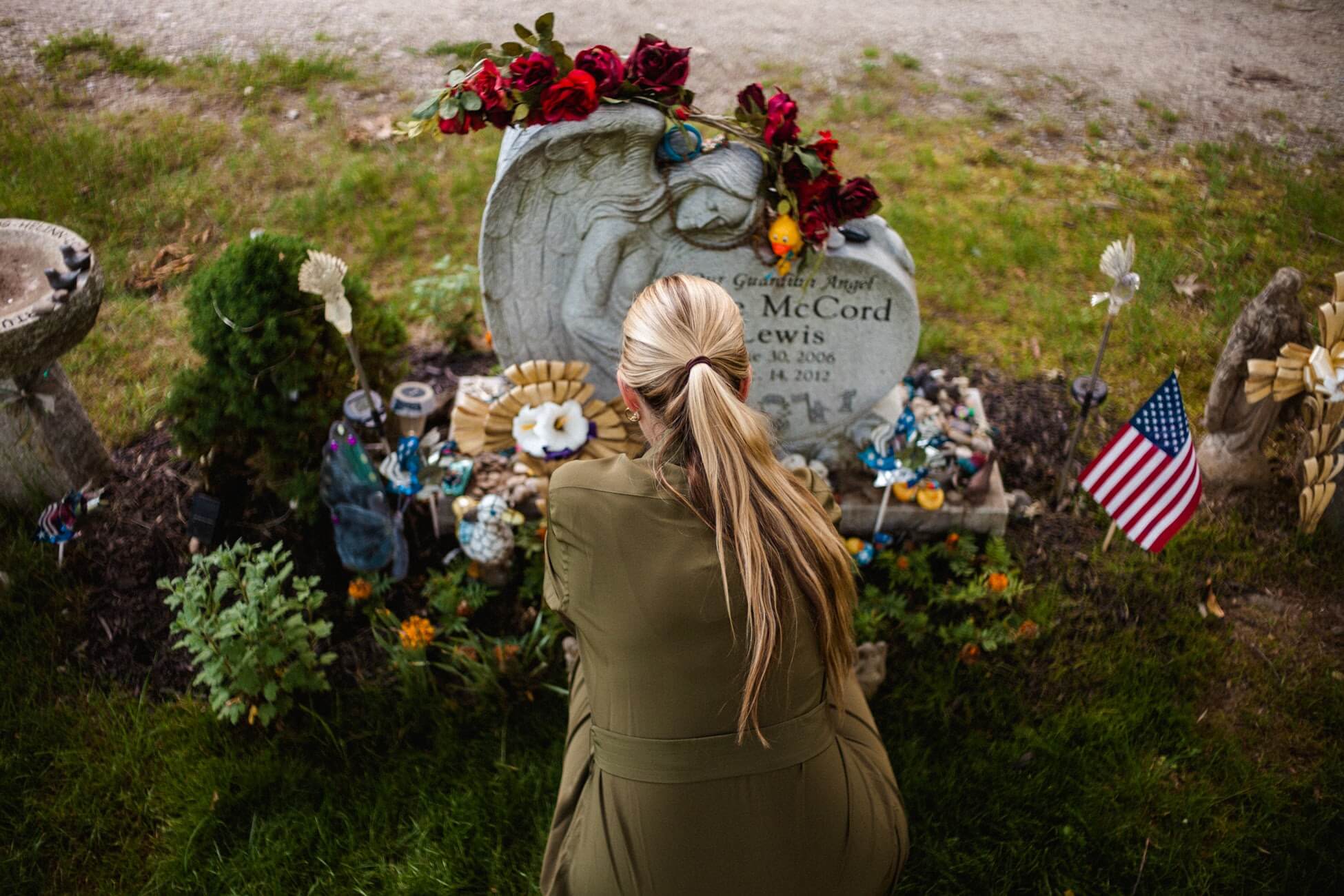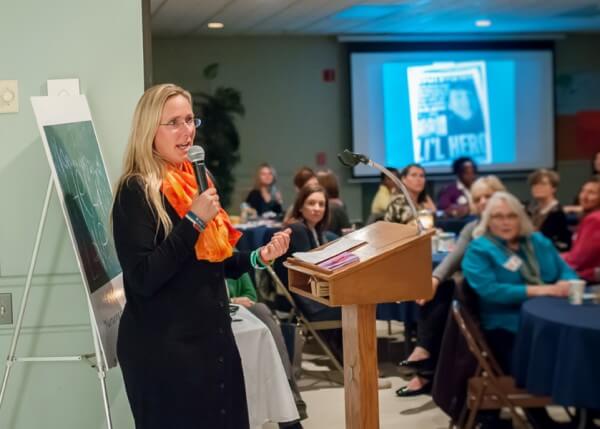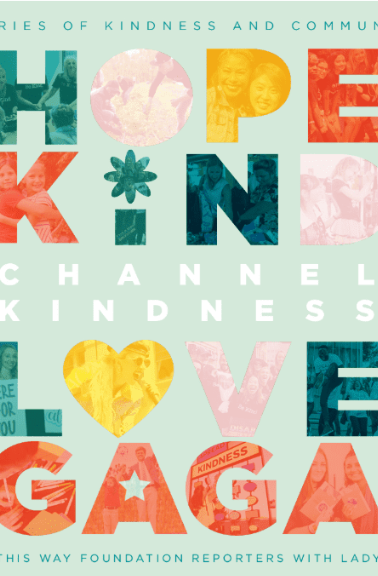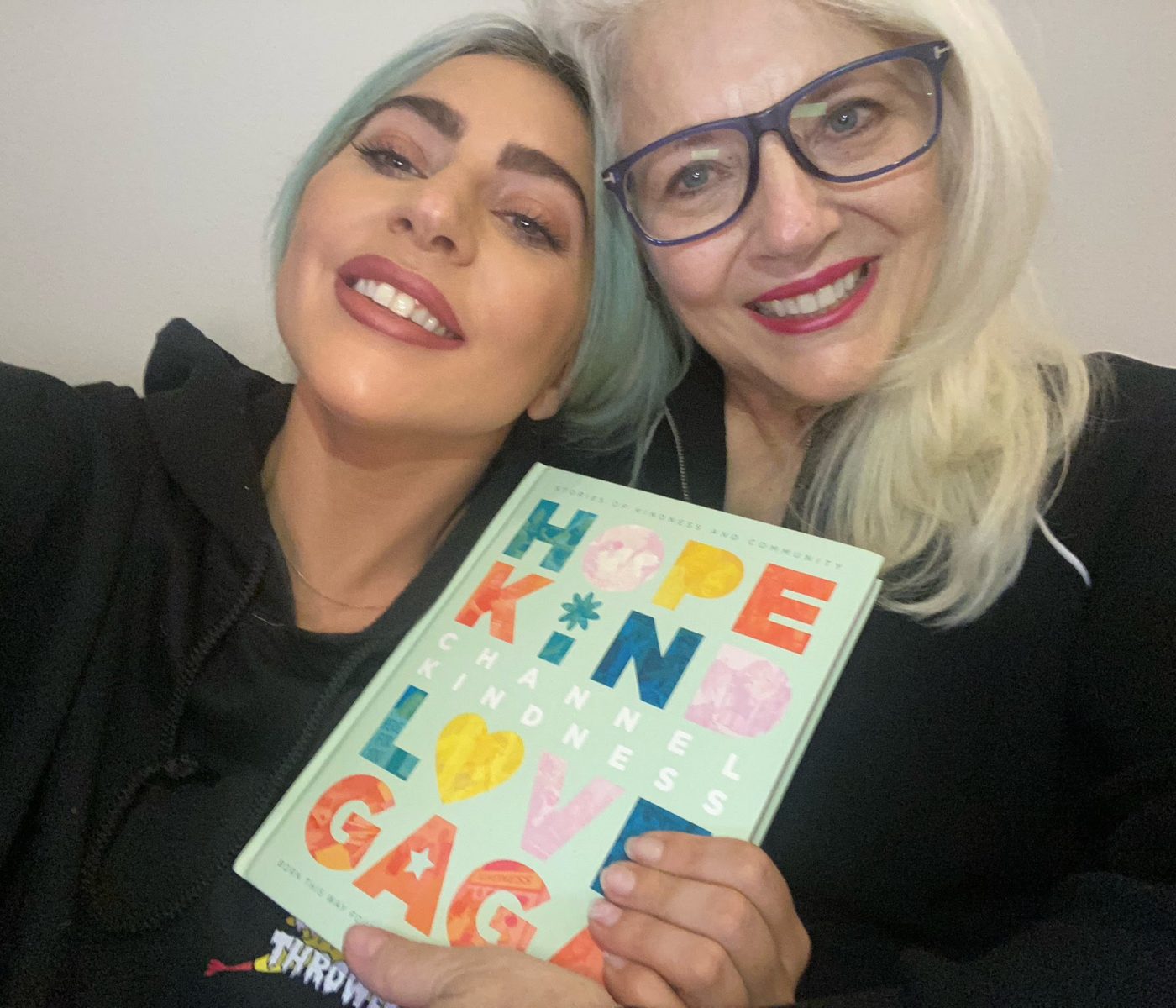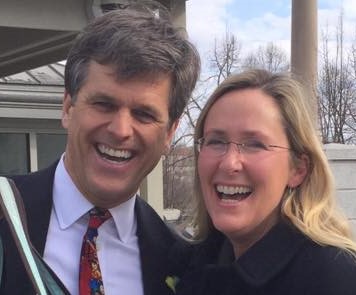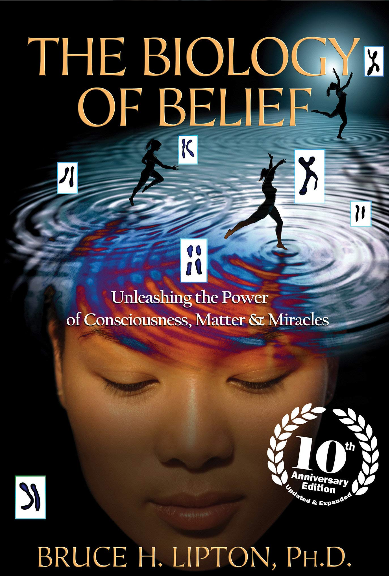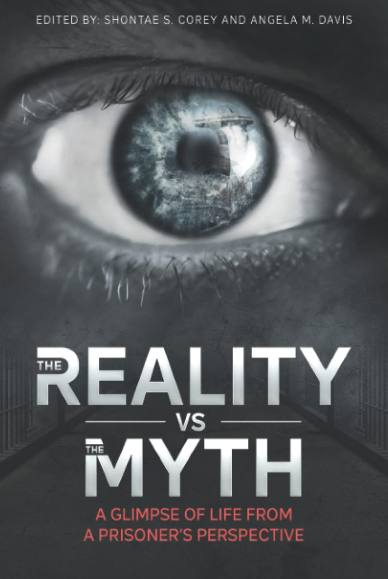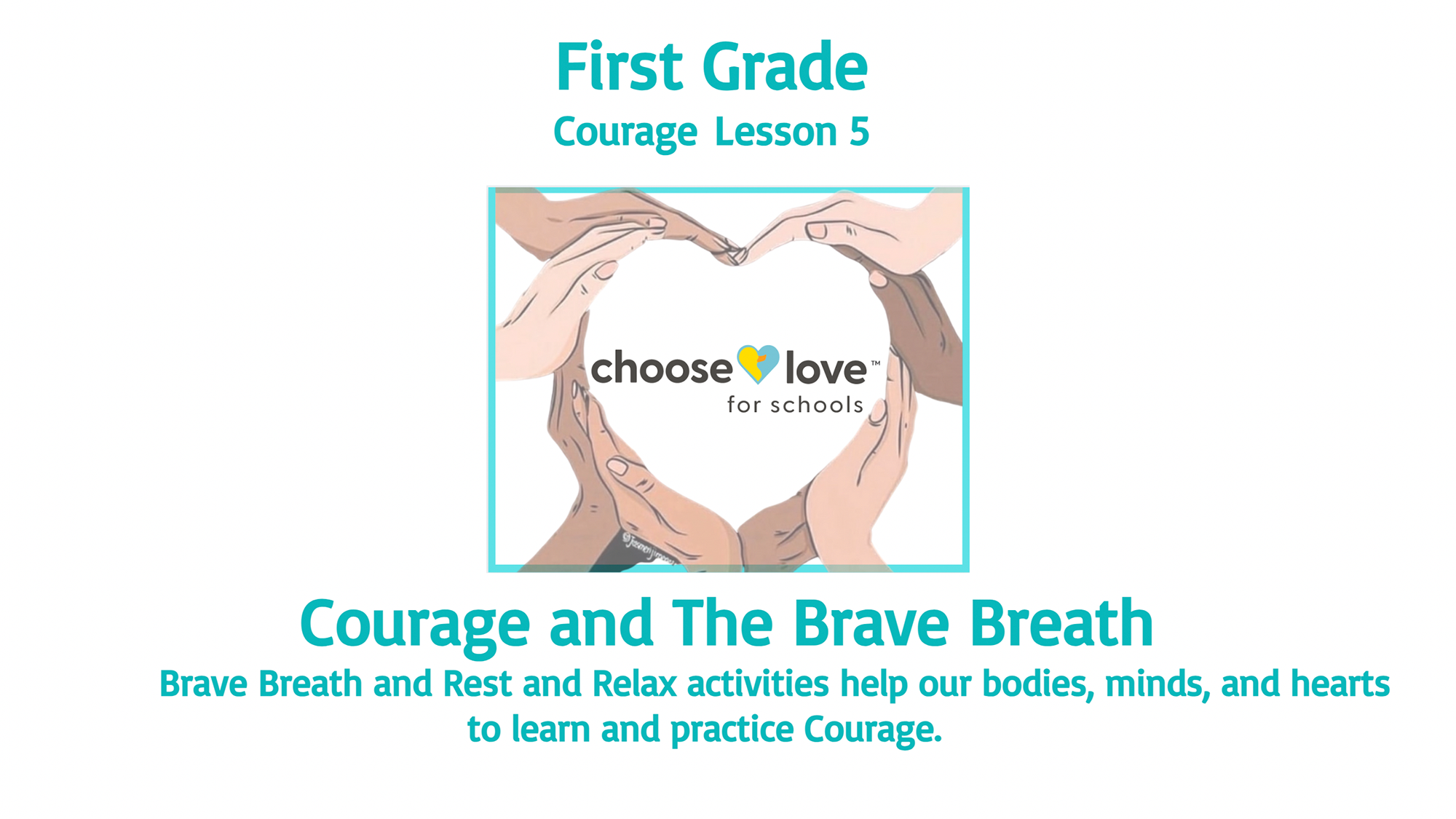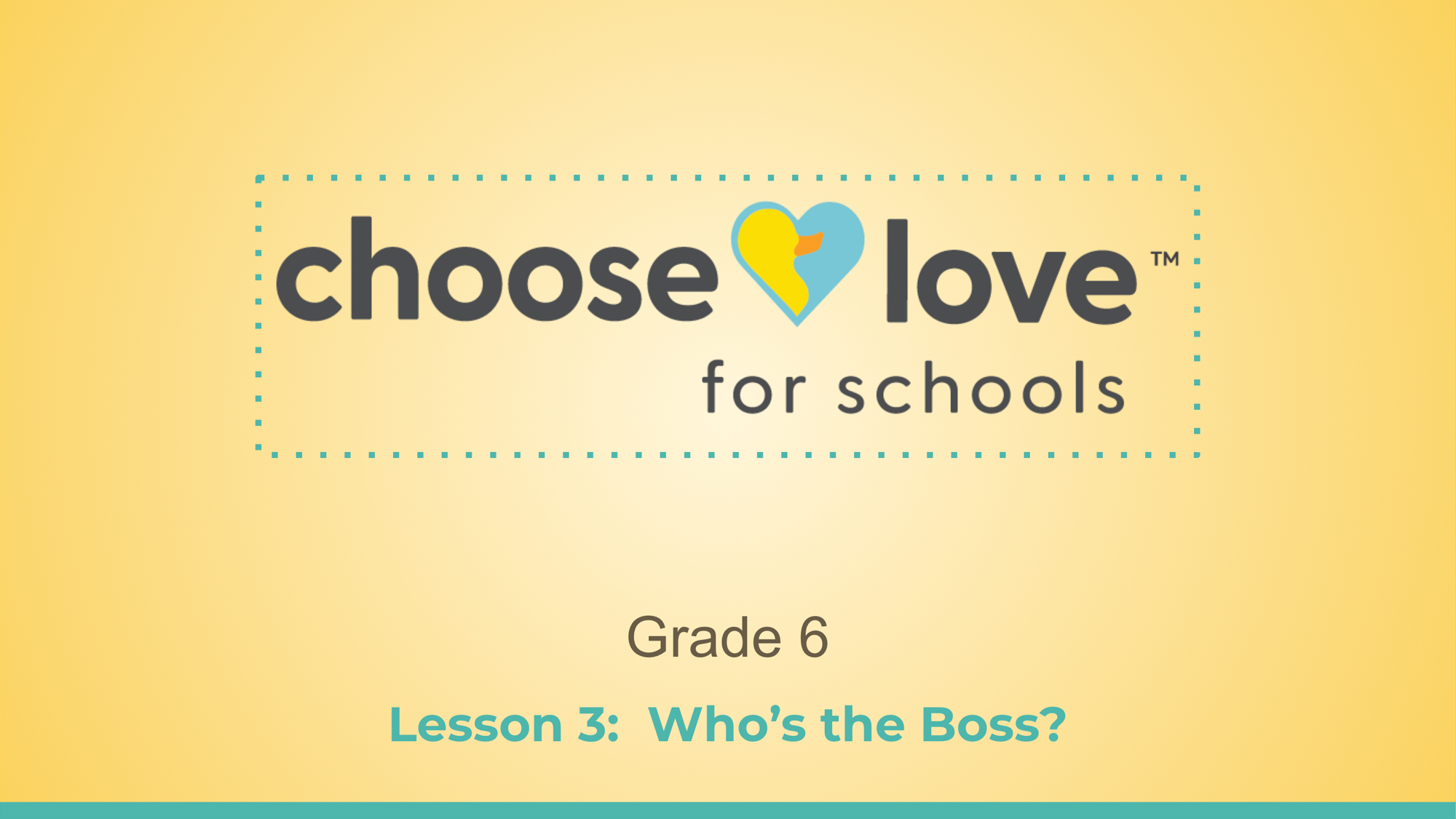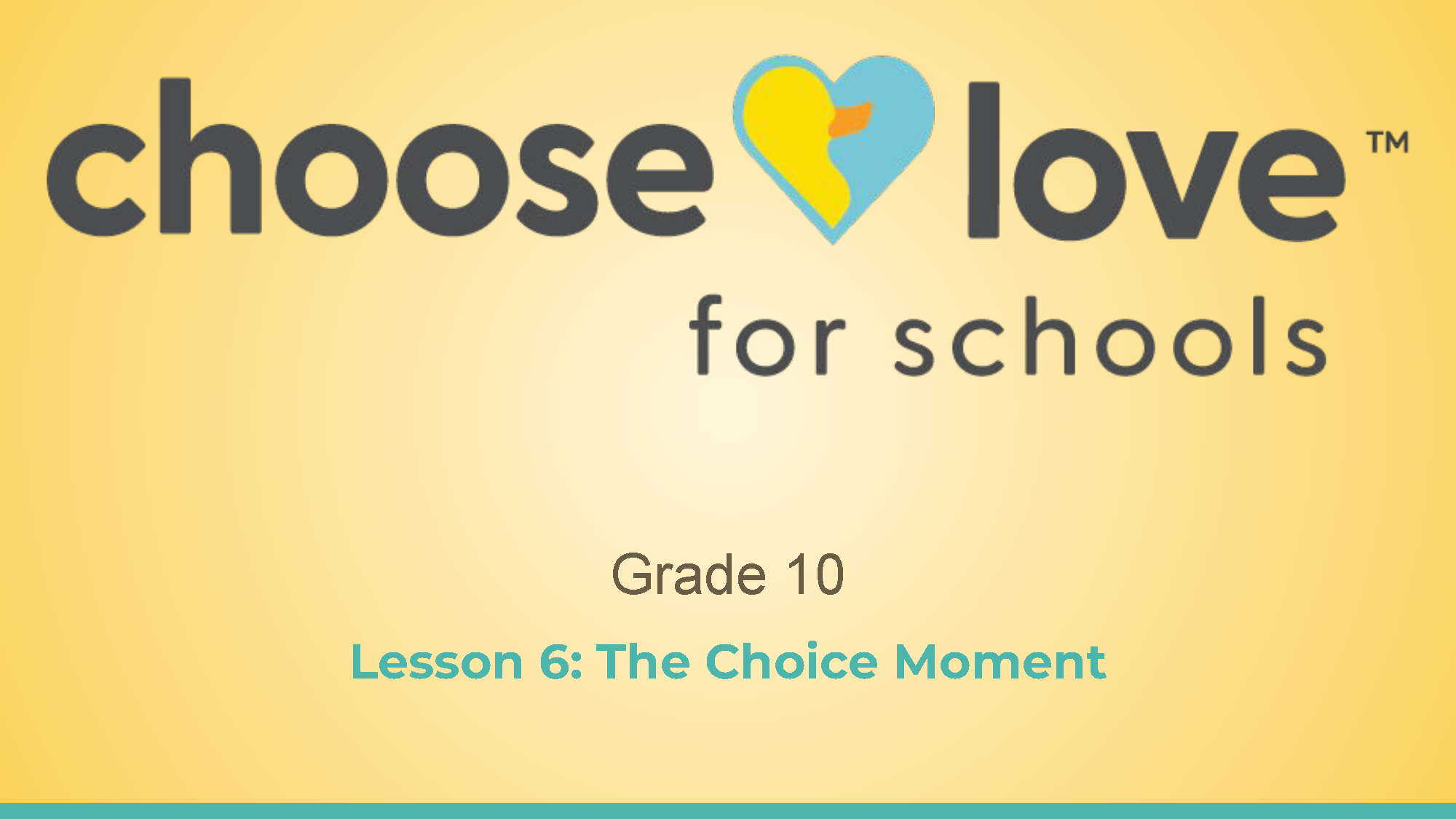President-elect Joe Biden and his Secretary of Education should create a new chapter in the American education system, one that teaches children to become people of character.
By Scarlett Lewis and Arthur Schwartz, Opinion Contributor
The tragedy at Sandy Hook Elementary School occurred eight years ago. Regrettably, not much has changed. The deadliest year on record for school shootings was and before our nation went into lockdown there were six school shootings in early 2020 that resulted in the deaths of four students. During the pandemic, our children have become far more likely to be depressed, use drugs, or commit suicide — what experts call .
One of us lost a son at Sandy Hook. Jesse was murdered in his first grade classroom.
Today, the two of us lead organizations dedicated to helping school leaders create a school culture where children can feel safe. During the past few months we have been in constant contact with educators, parents, and community members across the country. We are humbled by the thousands of superhero educators who, during the onslaught of COVID-19, have gone above and beyond to nurture their students. Yet we are also hearing that too many kids are finding it difficult to participate online. Not all have access to a computer or the internet. We also know that parents are concerned that their children are falling behind academically, but no one seems confident that we’re doing what’s best for our children.
There needs to be a new chapter in the American education system and we are calling on President-elect Joe Biden and whoever he appoints as the administration’s Secretary of Education to be the change agents our kids and education system so desperately need.
Several days before Jesse died, he wrote a message on the kitchen chalkboard: “Norurting Helin Love” (Nurturing, Healing, Love). These are essential life skills that need to be taught, at all grade levels, to reduce, even prevent, the suffering that led the Sandy Hook shooter to take the lives of others. Either we equip all our children with the requisite skills to recognize their pain, or we will continue to face the gnawing reality that “hurt people hurt people.”
tells us that caring and supporting adults can buffer and help reduce the stress and anxiety that almost every child and teen experiences. Yet our role as adults — whether in the home, school, or community — needs to extend beyond providing a “constructive web” for every child and teen. Adults also need to show the courage to take note and take action when they see or hear signs of student trauma or depression. Perhaps it’s speaking to the school counselor or reaching out to the student’s parents or guardian. What none of us can do is look the other way because the student is doing okay academically.
Schools also need to more intentionally embed into their curriculum opportunities for students to learn and apply a range of social, emotional, and behavioral skills. All students need to learn how to recognize, understand, and express their emotions; including when and how their emotions affect their thoughts and actions. During elementary school, students need to learn and demonstrate the ability to manage and regulate their impulses and behaviors. By middle school, every student should be able to demonstrate the ability to have friends and be a friend; this includes the courage to tell a friend that he or she needs help.
Yet these social-emotional skills are not the end goal; rather they are the essential building blocks and stepping stones for students to become a person of character. We define character as “goodness-in-action.” Our goal as parents and educators ought to be more than raising or graduating smart kids. We also want our children and students to be kind, honest, and trustworthy. These are just some of the character strengths that express our common humanity and transcend religious, cultural, or ethnic differences.
Teachers and school leaders have always believed their professional mission extends far beyond a child learning to multiply or write a sentence. Teachers also want their students to be good people. The most effective schools don’t just teach math and science but the power of purpose, gratitude, and forgiveness as well.
All schools need to emphasize the of their students. Every student, especially during this pandemic, needs to experience the love, connection, and a sense of belonging that the best schools strive to foster and model.
So when you notice someone hurting inside, please find a way to help nurse that person’s pain through love. Jesse was wise beyond his years when he wrote on a kitchen chalkboard that love heals.
Scarlett Lewis founded the nonprofit Jesse Lewis Choose Love Movement after her son’s murder in the Sandy Hook tragedy in December 2012 and advocates for social-emotional learning and character education, speaking across the world. Scarlett created the Choose Love for Schools Program, a no-cost, comprehensive, lifespan, next generation, SEL and character development program, empowering educators and students to choose love, handle adversity, and have courageous conversations. Choose Love has been extended into homes, communities, athletics, and the workplace. Learn more at .
Arthur Schwartz has been leading Character.org since January 2020 and his current research focuses on the dynamics of moral courage. Previously, he was an executive at the John Templeton Foundation where he catalyzed research on youth purpose, forgiveness, gratitude, altruism, and grit. He also collaborated with Martin E.P. Seligman at the University of Pennsylvania to catalyze the field of positive psychology. He received his doctorate in adolescent moral development from Harvard University. Learn more at .

